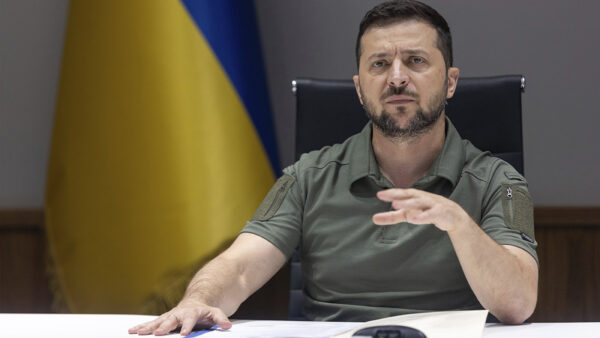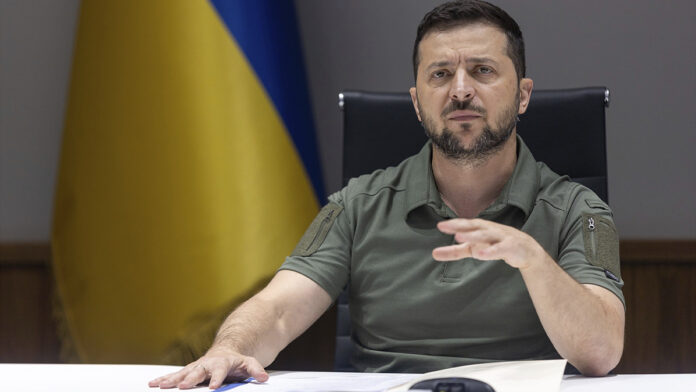KYIV – In a dramatic escalation of diplomatic maneuvering, Ukrainian President Volodymyr Zelensky has vowed to “do everything” possible to secure direct talks with Russian President Vladimir Putin in Turkey, signaling a potential turning point in the protracted conflict. The move comes amid a flurry of international pressure and a complex interplay of political signals.
Zelensky’s declaration, made during a hastily arranged briefing in Kyiv, underscores the Ukrainian leader’s determination to engage directly with Putin. “We will do everything to ensure that this meeting takes place,” he stated, placing the onus squarely on the Kremlin to respond.
The proposed location for these high-stakes discussions is Istanbul, a city that previously hosted brief negotiations in the early weeks of the full-scale invasion in March 2022. Zelensky announced his intention to travel to Ankara to meet with Turkish President Recep Tayyip Erdoğan, with the understanding that both leaders would be available in Istanbul should Putin agree to participate.

This proactive stance from Kyiv appears designed to intensify pressure on Moscow, particularly after Putin’s recent suggestion of talks in Turkey. However, the Kremlin has remained conspicuously noncommittal, with a spokesperson stating that Russia would announce its representation only when Putin “deems it necessary.”
The last face-to-face encounter between the two leaders dates back to December 2019 in Paris. The current proposal carries significant weight, occurring against a backdrop of battlefield stalemate and increasing calls from international partners for a negotiated resolution.
Adding another layer of intrigue, the United States is reportedly considering sending a high-level delegation to Turkey, further amplifying the potential significance of the meeting.
Zelensky emphasized that his priority for any such talks would be to secure a comprehensive 30-day ceasefire, a condition he asserts is supported by all of Ukraine’s allies, including Washington. He voiced suspicion regarding the timing of Putin’s offer, suggesting it might be a tactic to portray Kyiv in a negative light should it not immediately accept.
Meanwhile, Moscow has consistently emphasized its focus on a long-term settlement addressing what it perceives as the “root causes” of the conflict – a set of demands previously rejected by Ukraine and its Western allies as an ultimatum.
As the diplomatic chess game unfolds, the international community watches with bated breath. Whether Putin will heed Zelensky’s call for direct engagement remains uncertain, but the Ukrainian leader’s assertive stance has undoubtedly raised the stakes and placed the spotlight firmly on the possibility of a direct dialogue aimed at de-escalating the devastating conflict. The coming days will be critical in determining if this high-stakes gambit can pave the way for meaningful negotiations.
